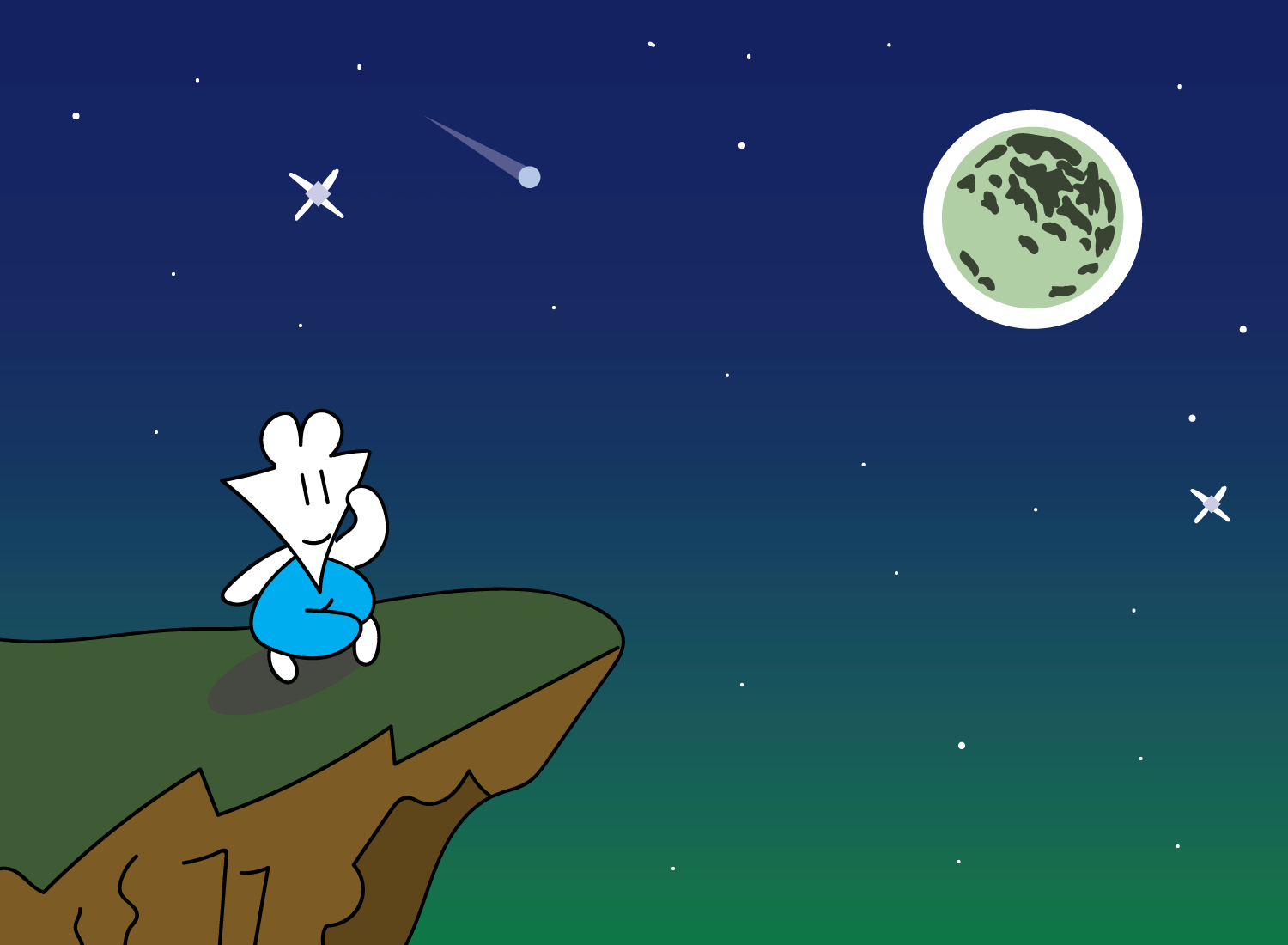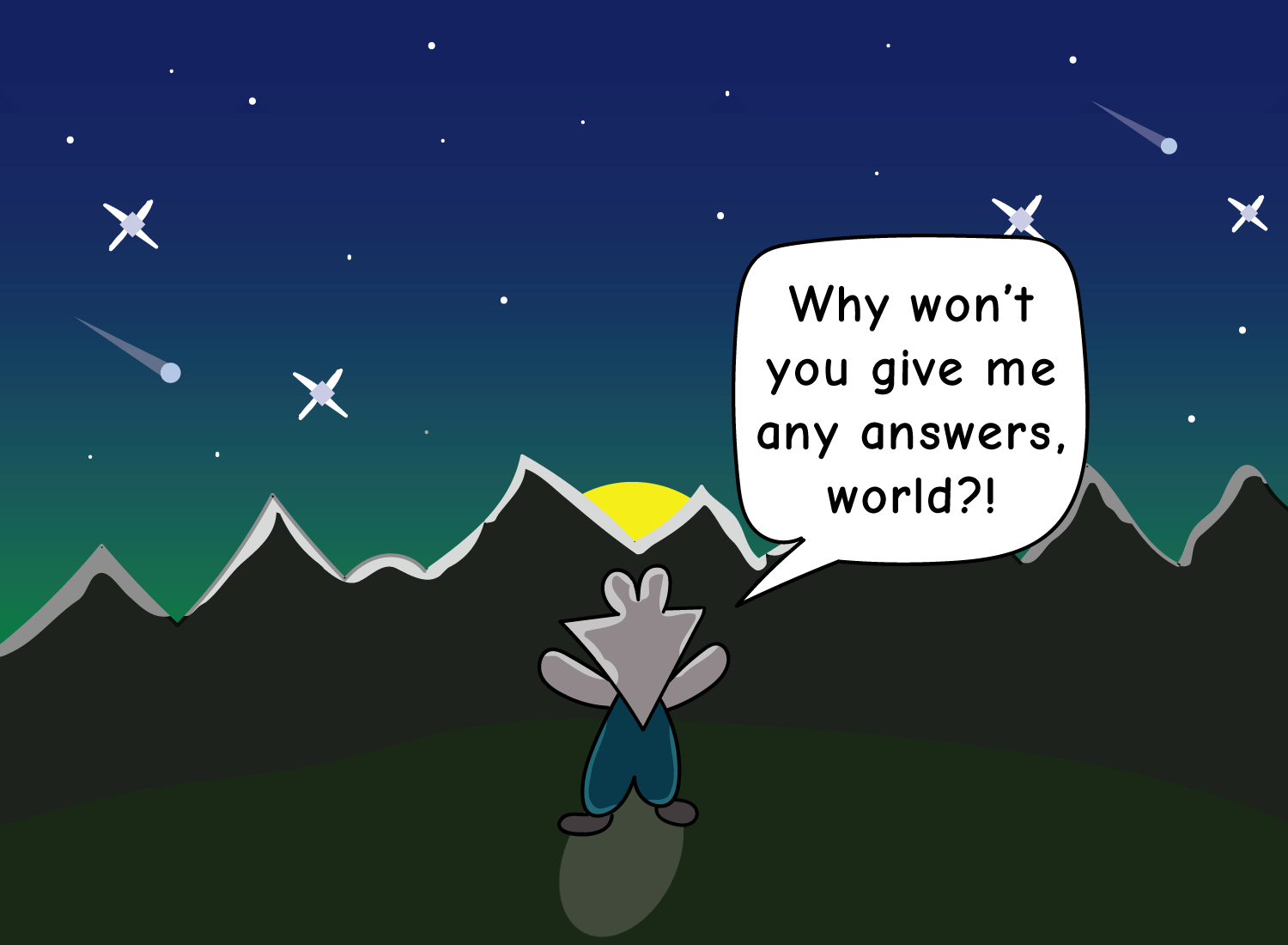The Meaning-Making Animal
Aristotle famously said that man is a rational animal, and used that as the differentiating factor between us and any other creature on Earth. We have the unique ability to study the nature of reality, and then to apply those learnings to enhance our position within it. Oftentimes, this process is nothing short of magical: for example, human thought can convert a set of raw materials into a smartphone that connects the entire world.
But a rationalist would state that magic is just a series of scientific processes that a mind has yet to comprehend. That if you actually separated the creation of that smartphone into a series of steps and took the time to understand each one, the illusion of magic would be broken.
To a certain extent, this is true. If you understood all the mathematical axioms and laws of physics that govern the creation of a smartphone, then you can see that everything can be explained scientifically. That each part is constructed and assembled in a way that is both comprehensible and explicable.
But one thing that can’t be explained is why the world is governed by these axioms and laws in the first place.
Why can all the laws of physics be written down on a single sheet of paper?
Why is general relativity so succinctly distilled into an inch-long equation?
Why is there this beautiful sense of order in what should be utter chaos?
While rationality can explain the “how” of any given process, it can’t adequately explain the “why.” And the danger comes when it tries to explain the “why” through the lens of the hardened intellect.
If I were to revise Aristotle’s definition of humanity, I’d say that we are not just rational animals, but meaning-making ones. We can’t help but to imbue our everyday actions and thoughts with a narrative that upholds a sense of purpose.1 There’s a series of reasons one embodies to navigate existence, which means that the question of “why” is both continuous and paramount.
The problem with rationality is that it tries to explain truth through the lens of objective probabilities, but meaning is entirely subjective. I’ve said this before, but I’ll say it again: No amount of data or statistical analysis can override personal experience. I can show you a colorful chart that indicates an inverse relationship between theocracies and economic well-being, but if you believe that God and your country’s chosen leader saved you from a recent famine, then no statistician can convince you to denounce the theocracy you live in.
Meaning is largely a construct of belief, and belief is always downstream from personal experience. You are not an atheist or Christian because you independently arrived at that conclusion; no, that identity is the result of family dynamics, relationships, and intellectual influences that have shaped the course of your thinking. And given that the possible permutations of these interactions are infinite, we each have our unique way of internalizing the meaning of life.
Rationality attempts to reduce all of material existence into one that is grounded in scientific inquiry. But even if it succeeds in doing so, it cannot answer the great questions of life that humans have been pursuing since the beginning. What does it mean to live a good life? How do I make a positive impact on others? How can I make this life a meaningful one?
One thing I’ve realized over the years is just how different our perspectives of the world are, but how similar our needs are. We all want to be healthy, to be free, to have purpose, and to be loved. Everything we do is in service of those four wants, but the way we pursue them will depend on the person in question.
Rationalists may scoff at religious beliefs and poke fun at their “silly” traditions, but what I see are people that want the same things they do, just going about it in a different way. The texture of meaning-making is similar, but the manner in which it is actualized takes an unfamiliar shade.
By realizing this, you cultivate compassion for the “other,” which is the only hope we have of creating a better world. And interestingly enough, no mathematical equation will ever define that undeniable force.
_______________
_______________
For three more posts on the construction of meaning:




